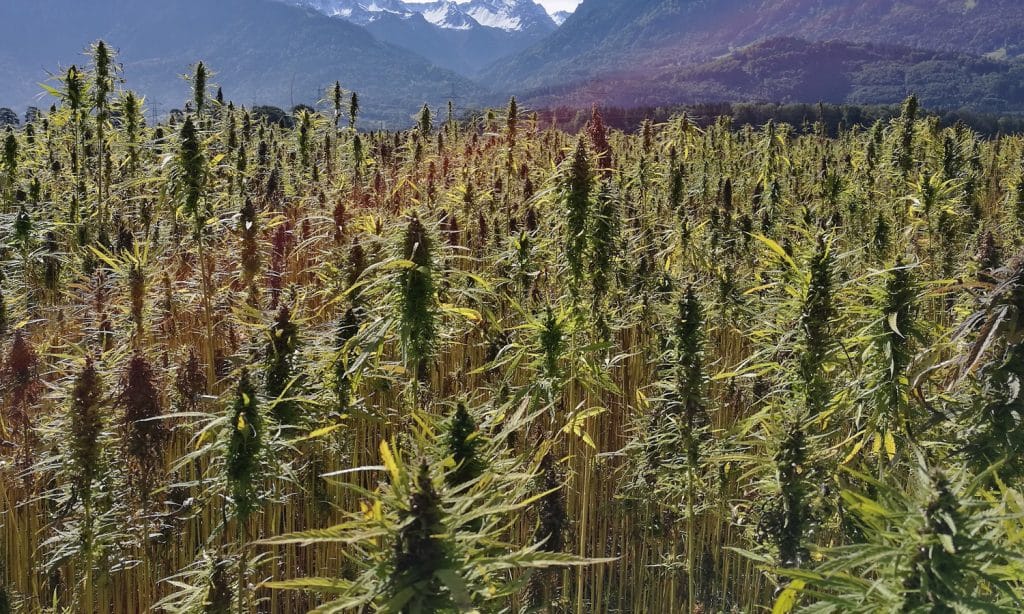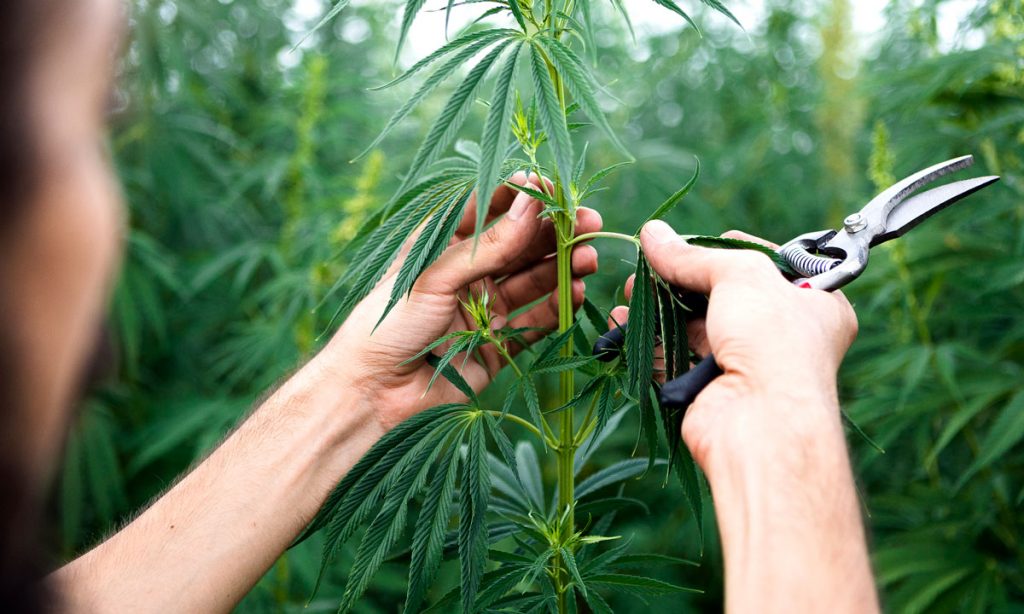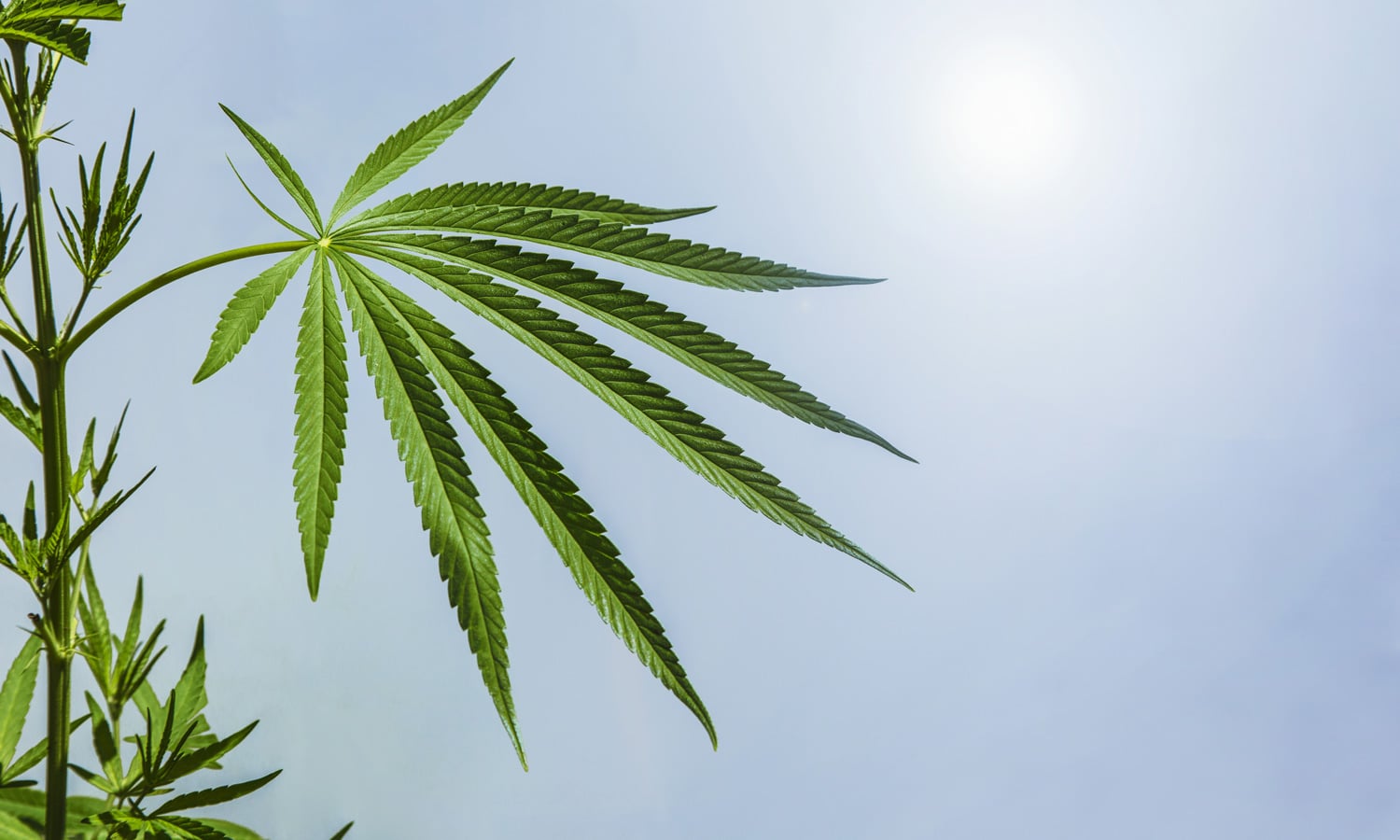A 2011 study found that “marijuana and hemp are significantly differentiated at a genome-wide level,” further confusing hemp’s legal status.
Since the signing of the 2018 Farm Bill in December, 2018, significant attention has been paid to the differences between hemp and marijuana. Most reasoning comes down to the level of THC as the differentiating factor. But there is so much more going on here.
Hemp and marijuana are, in fact, two different plants in the same species of three different types of marijuana: cannabis sativa, cannabis indica, and cannabis ruderalis.
According to the 2018 Farm Bill (which is still technically not in force yet), hemp is the cannabis sativa type of marijuana that has no psychoactive properties because of an extremely low level of THC. It’s why hemp products are generally legal, depending on various state laws.
But a recent government report concludes that marijuana and hemp are neither genetically identical nor genetically similar. And a 2011 Canadian study, published in the journal PLOS ONE, found that “marijuana and hemp are significantly differentiated at a genome-wide level.”
RELATED: Is Transporting Hemp Really Worth The Risk?
This new information only serves to further confuse what the government is trying to figure out about hemp’s legal status. If hemp is genetically not marijuana, then does that mean any hemp with any level of THC is not marijuana—and therefore, should not to be included as a Schedule 1 substance?
This new scientific information could have helped in the situation in Idaho on January 19, 2019, where an Oregon trucker was arrested for felony trafficking of marijuana carrying 6,701 pounds of hemp that the Idaho trooper said tested positive for THC with his field testing unit. His drug dog alerted to it as well.

The shipment was confiscated because the state said that hemp is marijuana, and since the 2018 Farm Bill legalizing hemp was not in force yet, the state could confiscate the shipment and arrest the driver for interstate transportation of a controlled substance.
But what about the genetic differences? Could this new scientific information about marijuana and hemp being genetically different become the basis of a more informed argument for the defense of what constitutes marijuana and what constitutes hemp?
But the plot thickens!
The 2018 Farm Bill assigned regulatory developments about growing and transporting hemp to the U.S. Department of Agriculture (USDA), which is currently working on finalizing those rules, which is why the new rules legalizing hemp are not officially in place yet. Creating these rules is not going to be simple.
RELATED: Why The DEA’s Interim Rule On Hemp-Derived Cannabinoids Is Bad For The Industry
A draft of the interim final rule for domestic hemp production by the USDA shows what the USDA is up against. It pointed out that plants grown from the same hemp seeds planted in one state could have different THC levels when planted in another state.
That means hemp grown in one state could be marijuana, where hemp grown from the same seeds in another state could still be hemp.
The USDA also has an allowable error margin for THC content in a hemp sample. Hemp has to be lab tested in one of 44 Drug Enforcement Administration (DEA) registered labs to determine its THC content (DEA registration is necessary because tests may determine that the sample is actually marijuana).

The USDA draft states that a lab’s “measurement of uncertainty” is allowed, meaning that a sample of hemp that tests for the allowed .3% THC level in a hemp sample instead comes up as .35% is OK, if the lab measurement of uncertainty is plus or minus .06%. That means that a level of THC of .35 percent is OK because it’s within the high end of a range ending at .41% (.35 + .06%).
RELATED: The Hemp Standard Is 0.3% THC — And That Should Be Changed
So that sample, which is actually marijuana because it’s over .3% THC, is okayed as hemp according to the USDA’s lab guidance.
Got that? Hold on.
Yet another hemp-not-marijuana-but-seems-like-marijuana wrinkle has surfaced, also from genetic research that discovered that hemp plants may, in fact, create higher THC content through their own genetics, and not in environmental conditions (drought, flooding, excessive, nutrients, and other conditions) as originally thought. Hemp can turn itself into marijuana.
So many questions.. too few answers. More research is needed. Bottom line: This is one complicated, amazing plant—and a snickering Mother Nature doesn’t give up her secrets easily.


